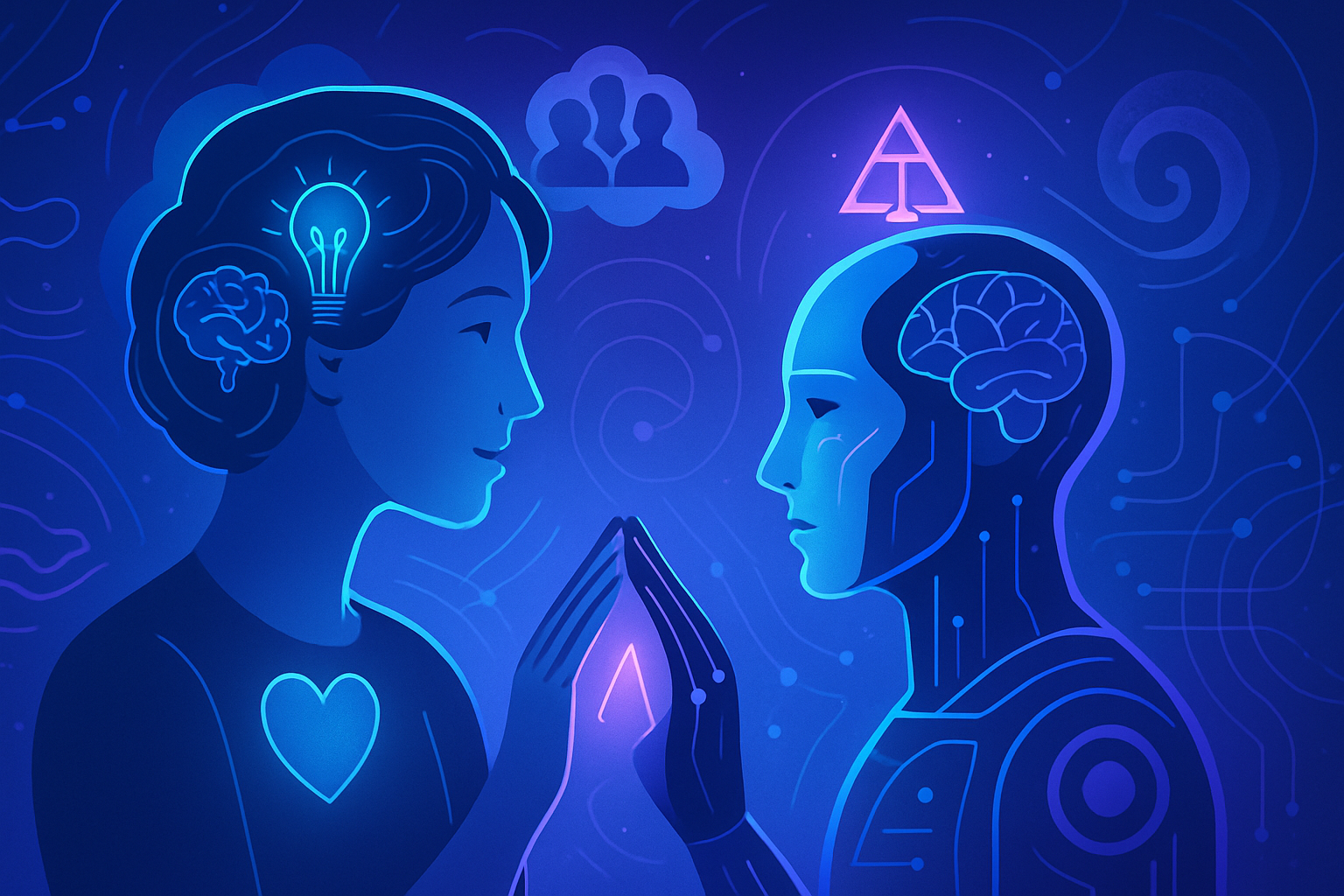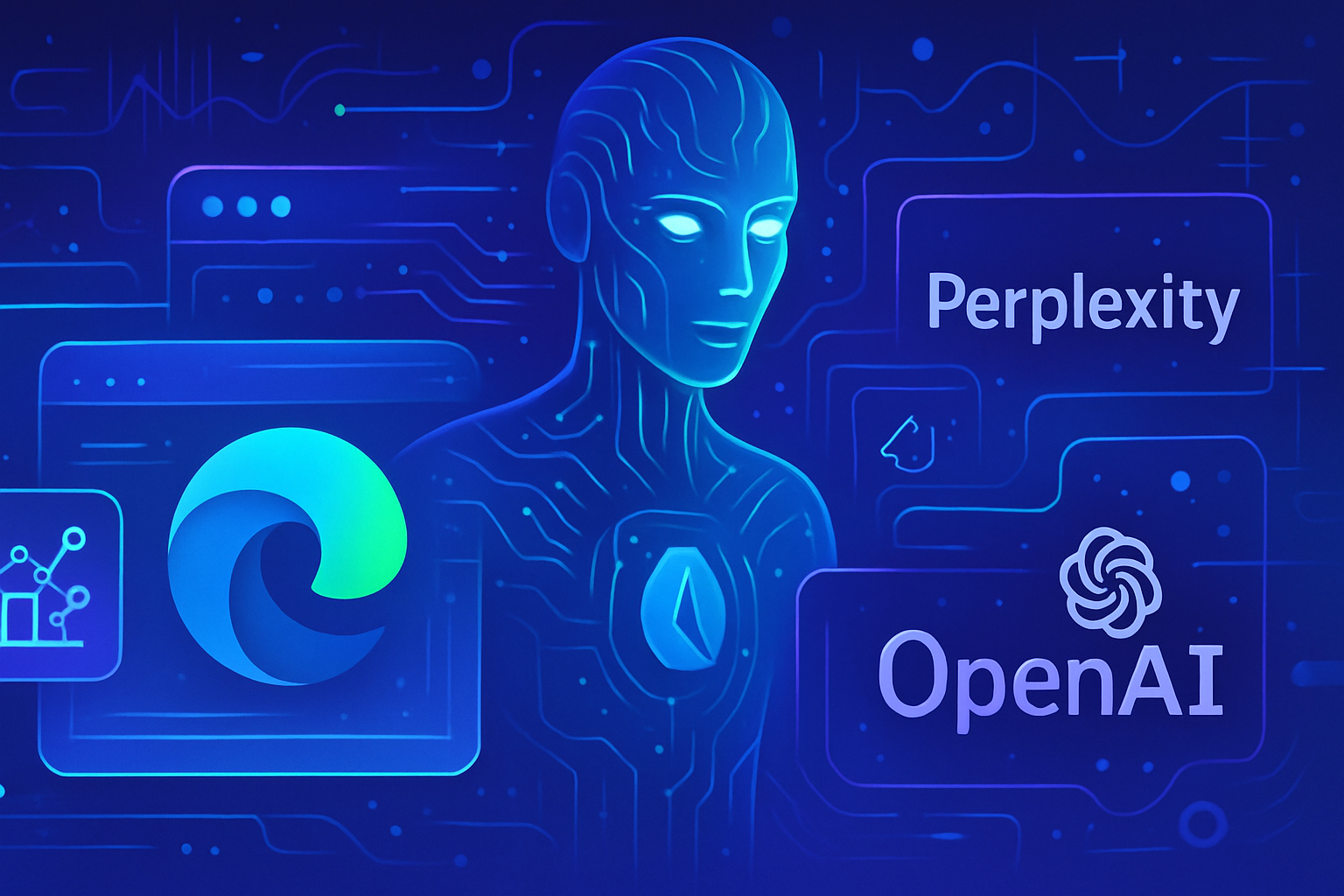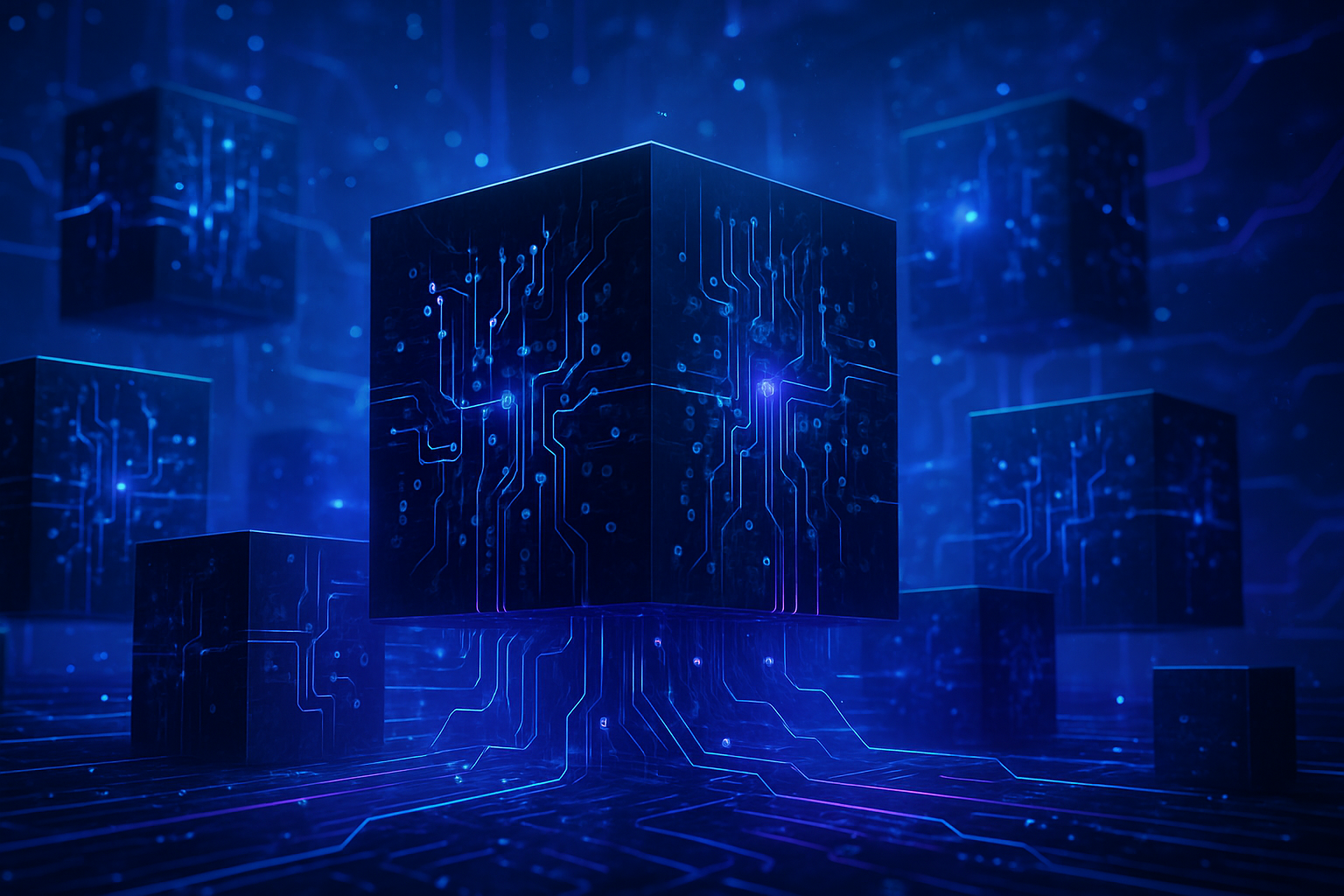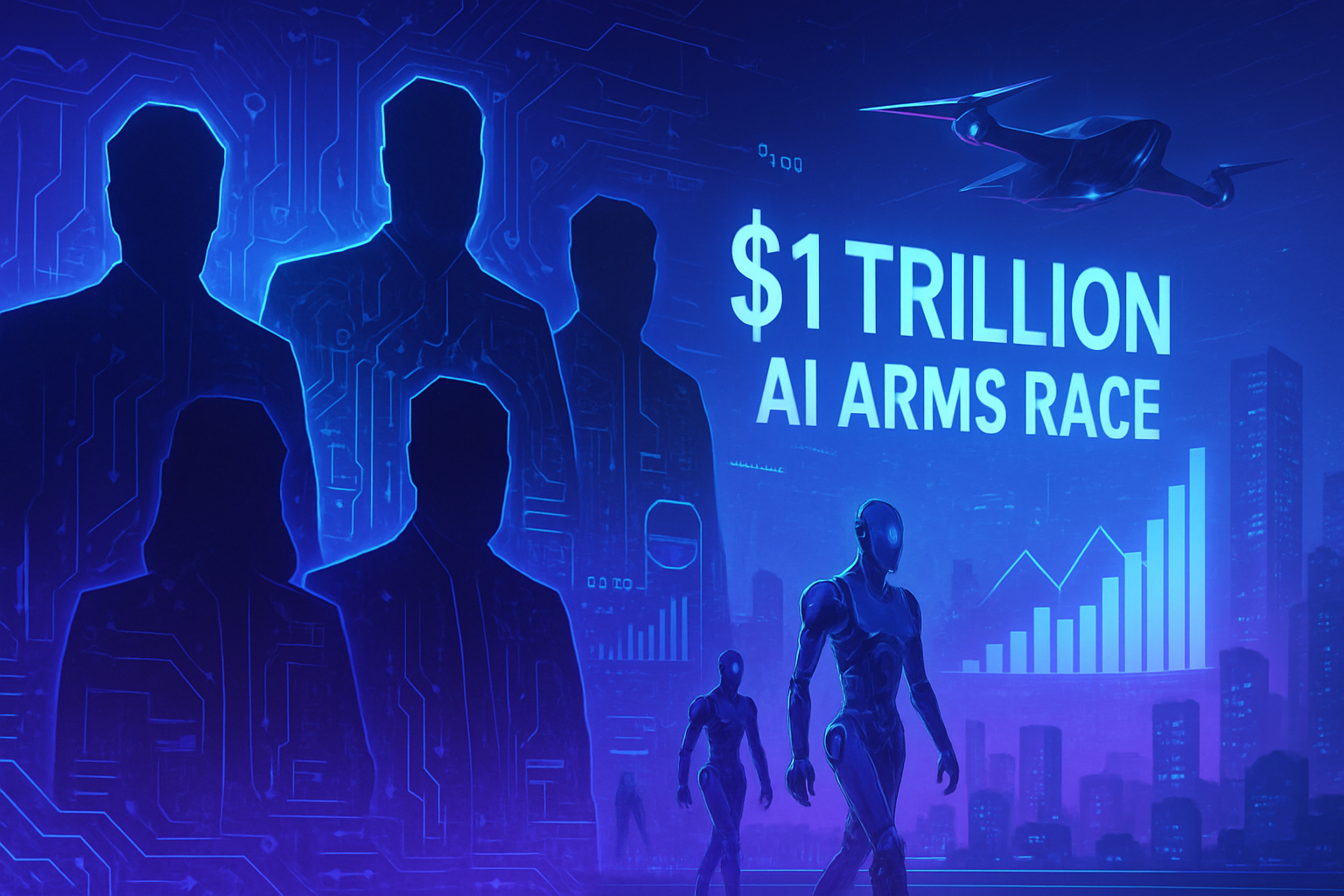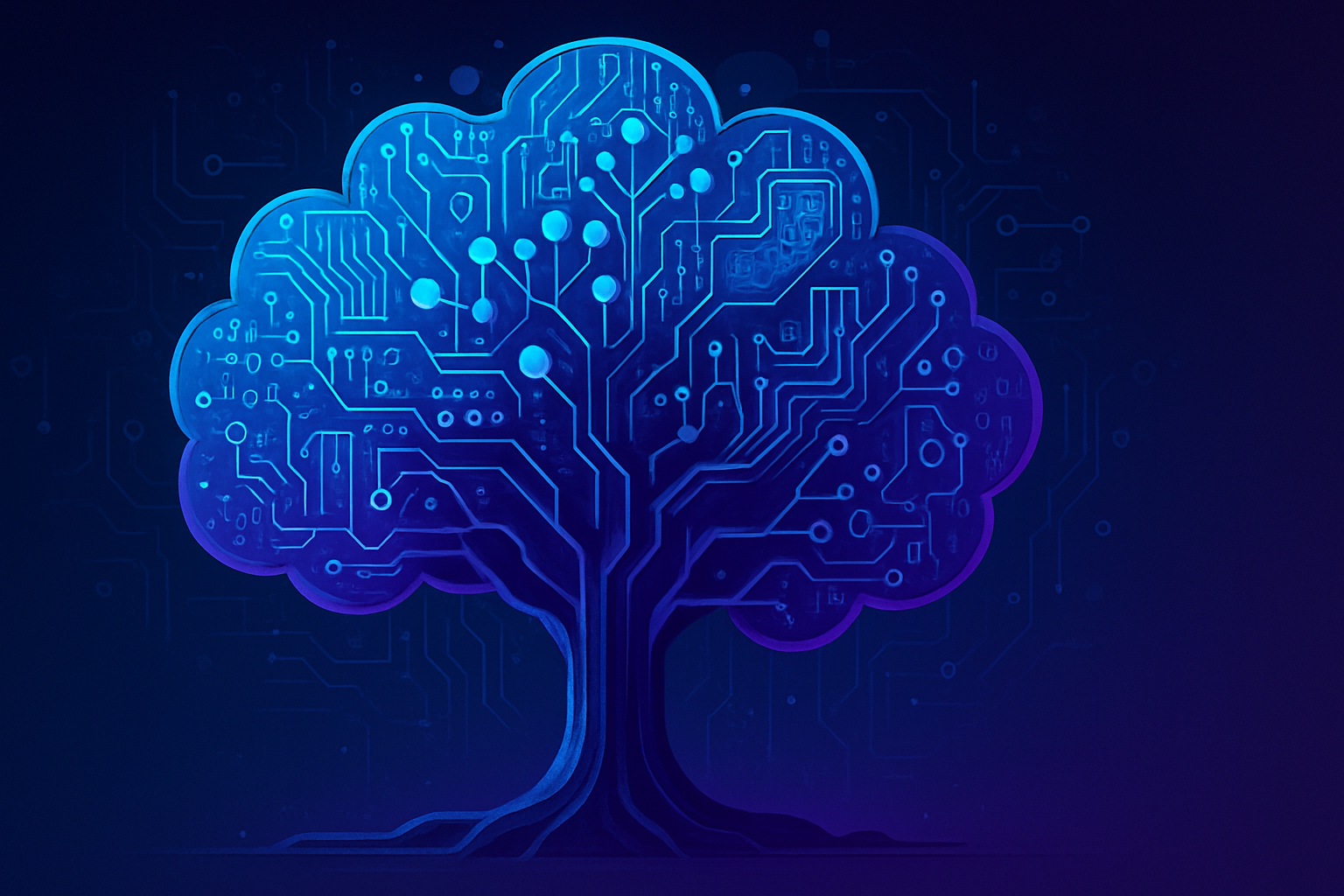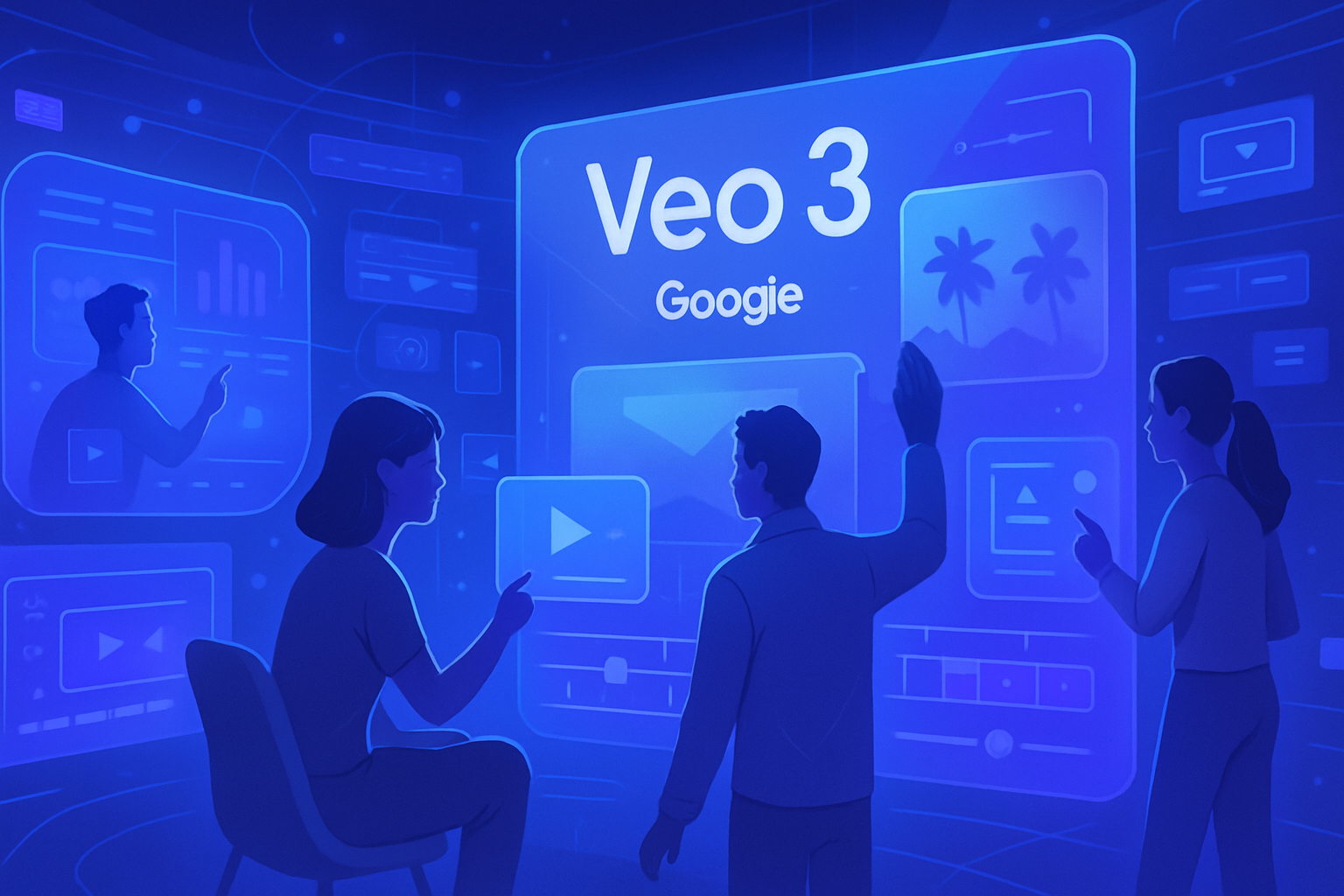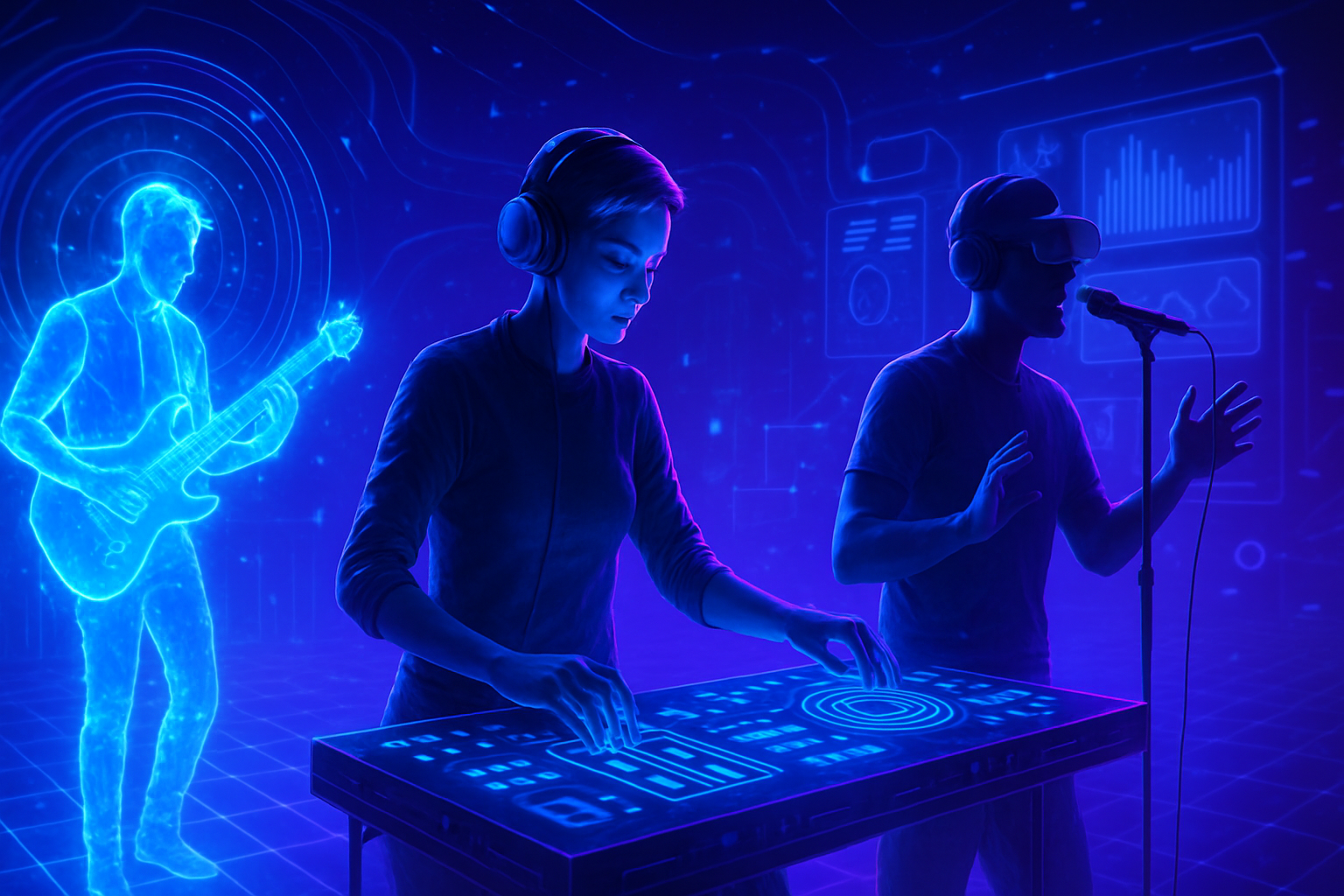The rapid rise of artificial intelligence raises fundamental questions about its role in platform engineering. Companies are rushing towards this technology without understanding its limitations. Human interaction remains essential, ensuring the robustness and adaptability of complex systems.
Trends show that beyond occasional assistance, AI struggles to replace human creativity in assembling technological solutions. The ability to arbitrate and anticipate complex business challenges relies on irreplaceable human expertise. Issues of security, scalability, and understanding of needs remain rooted in human intuition and experience.
A massive integration of AI
Currently, 80% of large companies plan to integrate artificial intelligence into their IT processes by 2026. This integration highlights a major trend towards technological innovation. The global AI market is expected to exceed $500 billion by 2028, highlighting the explosion of opportunities.
The limitations of AI in platform engineering
Experts question the real potential of AI to transform platform engineering. While some envision a future where humans are completely replaced, the operational reality reflects quite another perspective. Constraints such as robustness, security, and scalability underscore the indispensable role of humans. Human intervention becomes a prerequisite to maintain these complex systems.
The necessity of human critical perspective
Few use cases demonstrate applications of AI that go beyond simple operational assistance. Most initiatives fall within a framework already mastered by classical methods, often more robust and efficient. Examples include code generation or assistance in writing documentation, common tasks for which human mastery is essential.
The challenges of production and technical debt
At the production scale, the challenges of AI become apparent. The code generated by AI is rarely sturdy enough, maintainable, or secure. These shortcomings often necessitate significant manual rework, adding to the complexity of the systems. Relying solely on AI without human arbitration increases the risks of technical debt and excessive system sophistication.
The role of humans in platform engineering
In platform engineering, deep operational know-how is irrevocably required. This discipline is not limited to assembling a few lines of code. It involves a holistic approach, incorporating the integration of operational technological blocks and creating coherent solutions. Humans become the arbitrators that shape technical and functional value.
The importance of solution assessment
The ability to evaluate solutions simultaneously with their implementation is essential. At the heart of decision-making processes, human experience allows for arbitration between different options. This not only promotes the implementation of the most judicious solutions but also a continuous adaptation to changing business needs.
Reconciling innovation and environmental costs
The operational and environmental cost of AI deserves special attention. Interactions with generative models result in significant energy consumption. When each developer uses these tools daily, the ecological footprint becomes concerning. This aspect adds to the challenges of managing resources in a constantly evolving technological environment.
Valuing AI as an acceleration lever
Despite its limitations, AI offers interesting acceleration prospects. It proves particularly effective for tasks such as documentation generation or assembling reusable modules. AI presents a productivity lever without substituting a well-defined operational framework. Its implementation should aim to enhance effectiveness without offloading the human role.
The future of platform engineering
The future of platform engineering relies on the synergy between machine and human. The integration of AI should not overshadow the experience and human expertise. This know-how remains the fundamental foundation to ensure the robustness, reliability, and long-term evolution of systems. Innovation must be reconciled with responsibility, while preserving the integrity of internal competencies.
Frequently asked questions
Why can’t AI replace humans in platform engineering?
Although AI can automate certain tasks, it lacks the capacity for arbitration, creativity, and contextual understanding necessary to design complex systems coherently and appropriately.
What are the current limitations of AI in systems engineering?
AI can generate code, but often this code is not robust or secure enough for production use. This necessitates many human interventions to guarantee quality and maintainability.
What role do humans play in the system design process?
Humans are essential to orchestrate technologies, evaluate business use cases, and adapt solutions according to evolving needs, while avoiding the accumulation of technical debt.
How can AI be used productively in platform engineering?
AI can serve as a lever for tasks such as accelerating documentation, generating case studies, or creating reusable modules, but this should be done in complement rather than in replacement of human expertise.
What is the value of human expertise compared to AI?
Human expertise brings a critical perspective and operational experience that is essential to ensure the relevance, robustness, and sustainability of systems, aspects that AI cannot replace.
How can the use of AI affect the environment in the context of systems engineering?
Every interaction with an AI model consumes energy, which can lead to a significant carbon footprint, especially when adoption is widespread among development teams.
Why should companies continue to invest in human expertise despite advances in AI?
Investing in human expertise ensures not only better design and management of systems but also agile adaptation to technological changes and growing business needs.
